Trending Now
Sunday, Nov, 2024
Home / Seven Foreign Countries Will Get an IIT Campus Soon
Seven Foreign Countries Will Get an IIT Campus Soon
The Centre for the global expansion of IIT has set up a committee in consultation with Indian missions abroad, recognizing the UK, Egypt, Qatar, Thailand, UAE, Saudi Arabia, and Malaysia as prospective locations for the offshore campus under the Indian International Institute of Technology brand name.
 by Pragti Sharma /
by Pragti Sharma /  23 Aug 2022 13:39 PM IST /
23 Aug 2022 13:39 PM IST /  0 Comment(s) / 723
0 Comment(s) / 723

The Centre for the global expansion of IIT has set up a committee in consultation with Indian missions abroad, recognizing the UK, Egypt, Qatar, Thailand, UAE, Saudi Arabia, and Malaysia as prospective locations for the offshore campus under the Indian International Institute of Technology brand name.
The seven countries mentioned above ranked high on several essential parameters according to a report submitted to the Ministry of Education by the 17-member committee led by IIT Council standing committee chairperson Dr. K Radhakrishnan.
These parameters involve the level of commitment and interest, a conducive ecosystem to lure quality faculty and students, academic lineage, potential benefits, and regulatory provisions to improve India's branding and relation. The report is all about the feedback from heads of 26 Indian missions, with the Economic Diplomacy section of the Ministry of External Affairs positioning two virtual sessions between embassy officials and the committee on February 2 and March 28.
As per the inputs shared by the Indian High Commission in the UK, the mission has acquired six concrete schemes of cooperation from the University of Birmingham, University of Exeter, University of Cambridge, University College London, and King's College.
The report said- Our mission has made numerous requests for a meeting between the IIT committee and the universities. It has further requested a detailed concept note and nodal contact point for taking forward this proposal. The report also indicated that IIT-Delhi is the preferred choice for Egypt, Saudi Arabia, Malaysia, and UAE. As per the report, Egypt is keen to launch an arrangement, online if not physical, from 2022-23. However, the committee has suggested against the rush, saying that preferably only residential campuses be opened after due deliberations.
The report indicated that unquestionable minimum commitment to the area of the campus is needed from the local government while launching new institutes. The institute is being designated not for commerce but rather for building the image of the country abroad. Thus, the institutes should cater to the local student population. The percentage of Indian students in these institutes should be less than 20 percent.
The proposition for IITs to extend abroad is not new. For example, IIT Delhi is already connecting with the Department of Education and Knowledge in Abu Dhabi, UAE, while IIT Madras is investigating options in Nepal, Tanzania, and Sri Lanka.
So far, the discussions were mainly about individual IITs. The committee has proposed a model under which a chain of institutions would be set up under the Indian International Institute of Technology brand name with domestic IITs as mentors. The members of the committee included the directors of IIT Delhi, Kharagpur, and Madras; NIT Surathkal; the vice-chancellors of JNU, University of Hyderabad, Banaras Hindu University, and Delhi University; and Dean IIT Bombay (International Relations)
The reports show that the new institute could be called the Indian International Institute of Technology at (country name). The proposed name is sufficiently close to IIT, with international added to clarify that the institute is situated outside India. The difference in the name with sufficient similarity will permit the newly established institutes to develop their own identity and ethos while drawing upon the strength of the existing IITs.
The report said that yet, for the project to succeed and not become a burden on the mentor institutes, substantial investment by the government of the host country or the Indian government will be required. The committee stated in the report that the sponsoring institution in India should anticipate a reasonable amount of royalty (10% to 15% of the overall expenditure of the offshore campus) out of such a campus.
The committee reported that the offshore campus would require to follow the laws and regulations of the host country, displaying that there will be no scruples for students or employees unless offered by the local laws. The Act of Parliament via which these institutes are designed should give them more freedom than the present IITs.
News source: Indian Express

Reforms / January 11, 2024
Odisha Government Opens Registrations for Extended KALIA Scholarship

Reforms / January 03, 2024
UGC Urges Institutions to Enforce Nasha Mukt Bharat Abhiyaan

EShort / February 16, 2024
IMS Noida Admissions 2024: Apply for UG, PG programmes

EShort / February 16, 2024
GATE 2024: Response sheet out

EShort / February 16, 2024
BSSTET 2023: Admit card released

EShort / February 16, 2024
NID DAT 2024: Prelims result released

EShort / February 16, 2024
IIT JAM 2024: Response sheet released

Jobs / February 16, 2024
UPSC Recruitment Drive 2024: Apply for 120 vacancies in various departments

EShort / February 14, 2024
UPSC CSE 2024: Official Notification issued; application process begins

Editor's Desk / April 17, 2020
How Does Society Impact Our Education?

Current Affairs / April 22, 2020
Mr. Sudarsanam Babu appointed to U.S. Science Board.
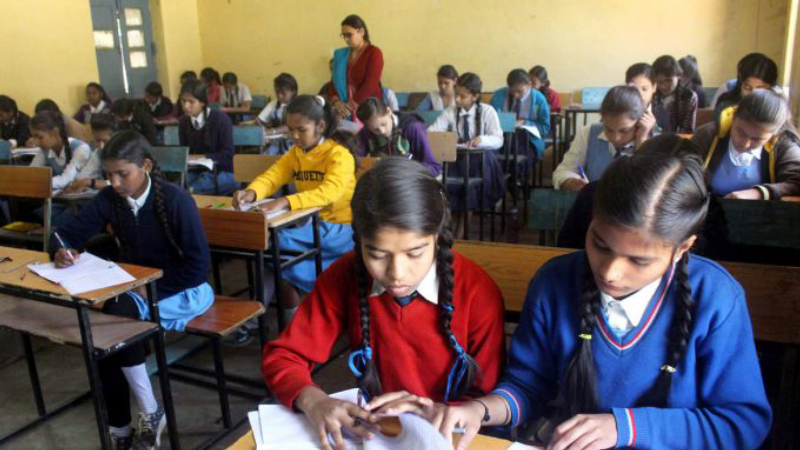
Reforms / April 17, 2020
Traditional Structure of Education In India
.jpg)
Events & Seminars / April 17, 2020
PISA!!
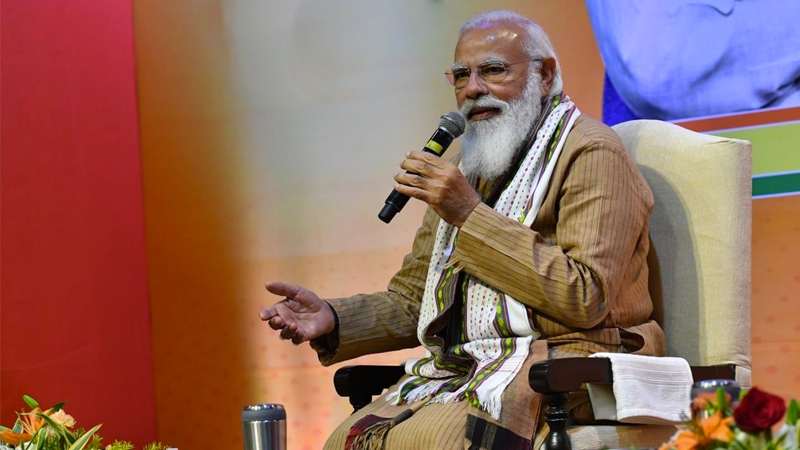
Blog / February 26, 2021
Government's Action On #ModiRojgaarDo

EShort / May 19, 2022
CUET PG 2025 has started the registration process.

Notice Board on Important Dates / April 21, 2020
World Heritage Day

News / July 08, 2021
JEE Mains Registration For Session 3: Last Date To Apply

EShort / December 14, 2021
UPSC Declared Final Result For DCIO Recruitment





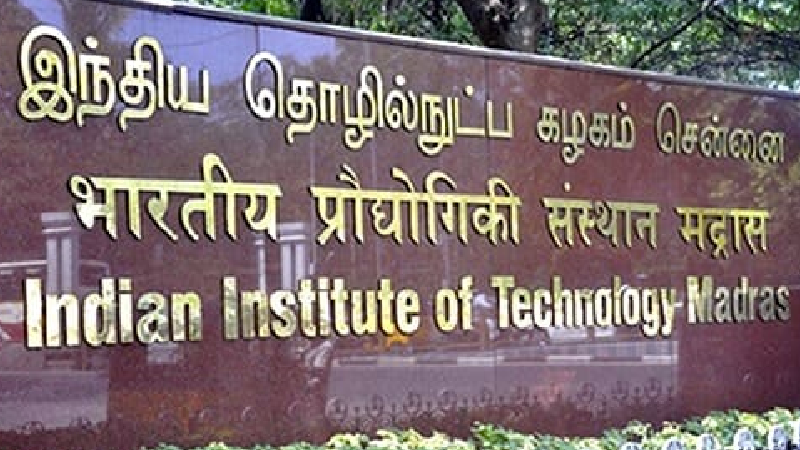





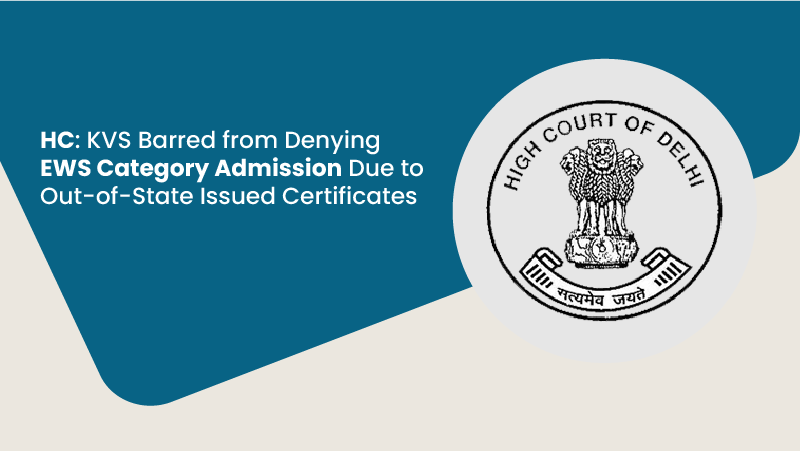

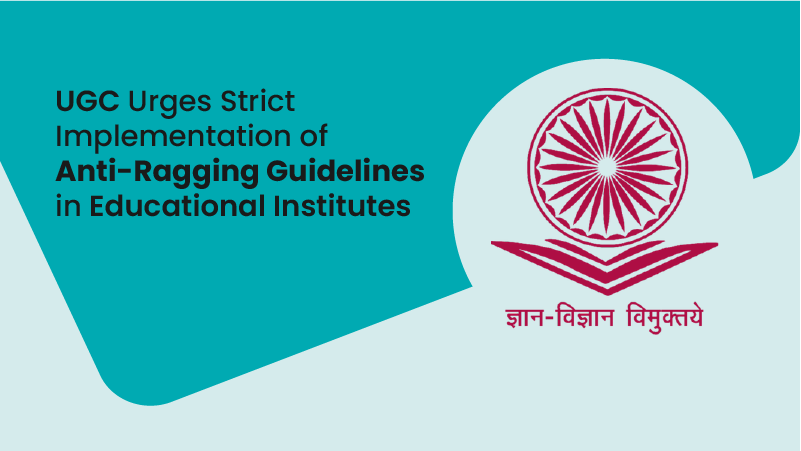
-02.png)






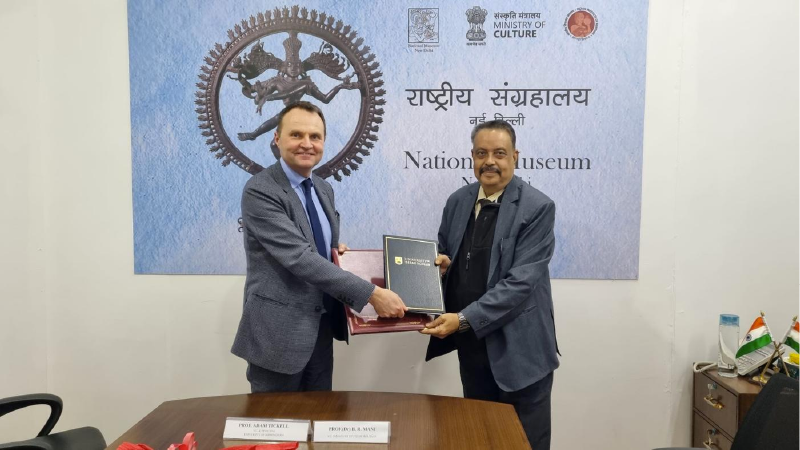
0 Comments
Post Comments